Course aims
Psychology is the science that seeks to understand the reasons for thought and behaviour, and tries to do so by studying how the brain works along with other factors that might affect our actions, such as social or environmental influences. In doing this, Psychology also tries to work out which, if any, has the bigger influence on our actions – biology or environment? Of course, answers to these questions are needed when helping people with psychological disorders, educating our children, or helping to rehabilitate criminals.
Entry requirements
You will require a grade 6 in any GCSE English and grade 5 in any humanities subject, plus grade 5 in mathematics and grade 6 in science. If you have studied the triple award then you will require a grade 6 in biology, in addition to the general entry requirements. Learners should have an interest in reading about human behaviour but they should also be aware that there is a substantial amount of science (biology) and research methodology involved in the course, as is the ability to write effective essays.
Course content
Two papers reflecting the AS material (as outlined below) including additional material (e.g. Biopsychology), plus paper 3 exploring the issues and options in psychology.
Paper 1 – Introductory topics in psychology
Social Influence: this looks at how people can influence others, as with conformity and obedience for example.
Memory: this looks at different aspects of memory, for instance eye witness testimony and why we forget.
Attachment: this looks at how children form attachments and what happens when factors interfere with this process.
Paper 2 – Psychology in context
Approaches in Psychology: this examines the basic approaches in Psychology, for example is behaviour learned, or is it the result of genetic or neurochemical processes?
Psychopathology: this examines how psychologists define abnormality, what causes it and how can it be treated.
Research Methods: this looks at the methods that psychologists use to collect data about people.
Paper 3 – Issues and options in psychology
Issues and debates: addresses underlying themes in psychology, such as the nature – nurture debate.
Gender: considers how do children learn their gender identity – is it the result of biological processes, or learned from others?
Schizophrenia: explores the explanations and possible treatments of schizophrenia.
Forensic psychology: examines why people commit crime and how offenders should be treated.
Course assessment
Written examinations.
Materials
Textbooks are available from the library. Information concerning other suitable textbooks will be provided by course tutors.
Progress
Higher Education or careers such as teaching or the helping professions. Psychology is also increasingly useful in the fields of business, sports and forensics.

